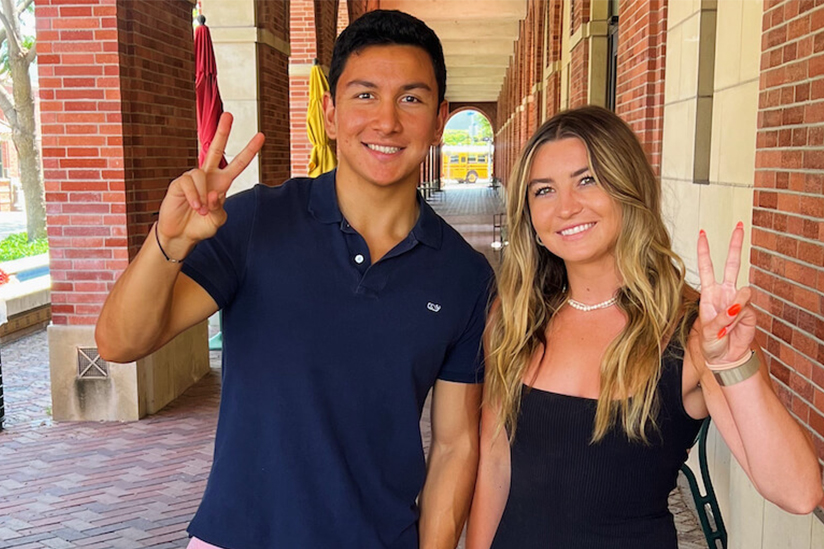A USC Viterbi-led startup is developing a bracelet to send a distress signals, along with a map of the sender’s location, to groups of friends at parties to keep people safe and connected.
Sexual assault is rampant on college campuses. According to a 2015 survey of women seniors commissioned by the Association of American Universities, 27.2% of respondents said they had been sexually assaulted when incapacitated by alcohol or drugs since entering college. Additionally, nearly 17% of male college students are sexually assaulted, the National Sexual Violence Resource Center said.
Abrishami, a USC Viterbi senior majoring in biomedical engineering, would like to see those numbers plummet. Preventing sexual assault is of paramount importance to him – and personal. Years before, a much-older man had raped his 16-year-old friend at camp, causing her untold mental anguish. Other close friends have also been violated. In some cases, the victims declined to contact the police because they were minors and had been under the influence at the time of their attacks and feared getting in trouble with the law.
Abrishami wondered if there was anything he could do make people safer on campus. Tapping into his “systems, problem-solving mindset,” he decided to create a bracelet that could be easily activated to send a distress signal, along with a map of the sender’s location, to a friend’s phone at a large gathering or crowded bar. That idea became the basis of Brave, a new USC Viterbi-led startup and the developer of the BraveBand bracelet.
